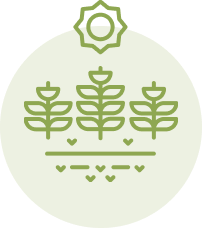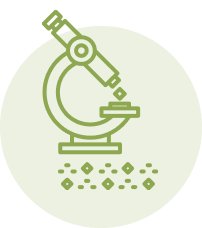Pre-planning is a very helpful practice to ensure ongoing improvements in gardening success. Whether looking to expanding the garden, cutting back on your garden size, or refining the list of flowers and vegetables you grow, pre-planning is beneficial.
Below are a few tips to help get you started on garden planning.
Keep A Garden Journal
Keeping a garden journal can be extremely helpful. If you keep track of what worked well and what needs improvements each season, you can build a foundation for continual improvement. Keep track of what varieties you grow, when they were planted, when fertilizer applications were made, and how specific varieties performed. This can be done in a notebook, computer document, or spreadsheet. Photos can also be a key part of a garden journal.
If you did not keep a journal during the growing season, it can still be worthwhile to create a garden summary of what you remember about the garden season.
Review Your Soil Test Report
Take some time to review your soil test report. Review the soil pH and whether it may need adjustment with lime or sulfur, the organic matter content, and whether any specific nutrients are low. Consider what soil amendments and fertilizers would be helpful in addressing any limiting factors indicated in the soil test report.
If you haven’t had a soil test in several years, the upcoming year could be a good time to have it re-tested. Soils change over time as they are amended and fertilized, so having a soil tested every few years is good practice. Knowing your soil helps you know what it needs, and what plants will do best in it.
Set Goals
Don’t be afraid to set goals for the garden. Goals do not have to be difficult to achieve. A common goal of many gardeners is to try something new each season. This can be a new type of plant, a new variety of a favorite plant species, or a new gardening technique.
Keep A Garden Calendar
Starting a calendar of what needs to be done and when will help you to stay on track with your goals. Determine when seeds should be started indoors, and when transplants should be planted in the garden. Identify when you will be fertilizing, overseeding, or sowing over bare spots in the lawn. Keeping track of the best time for each garden chore will help your lawn and garden to be vigorous and make the most of your limited time.
Whether you dream of a bigger and better patio garden, or you’re determined to participate in a little friendly competition amidst your neighbors, taking time to sit down, get organized, and set some goals after the season ends is a valuable practice. Long winter nights often fuel a gardener’s “Spring Fever” for the upcoming season.



